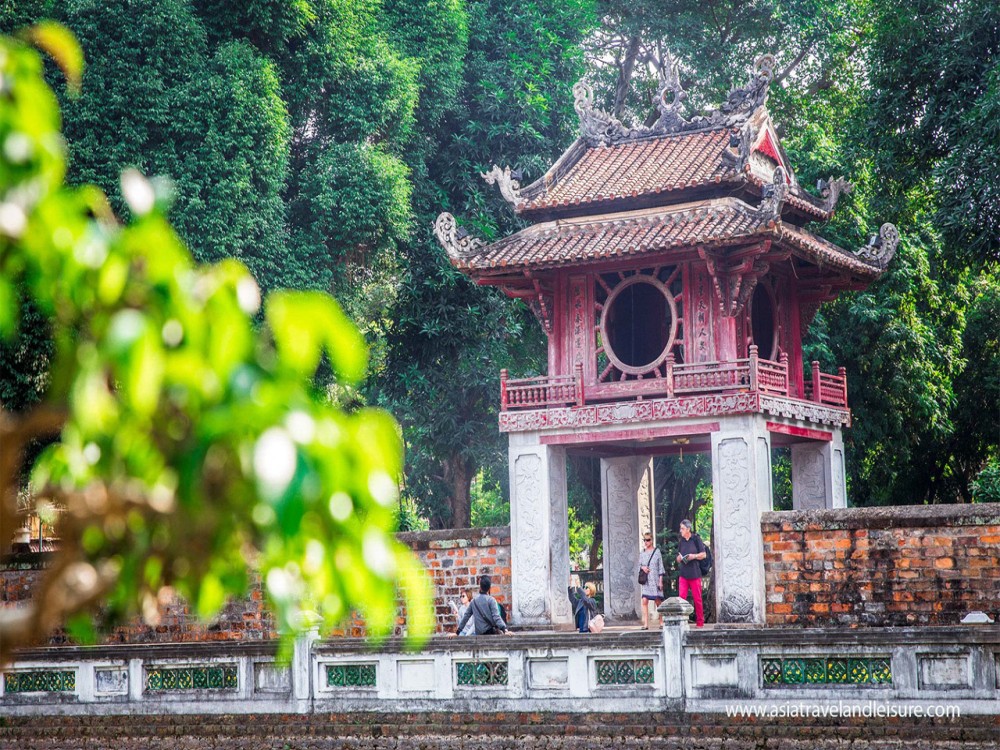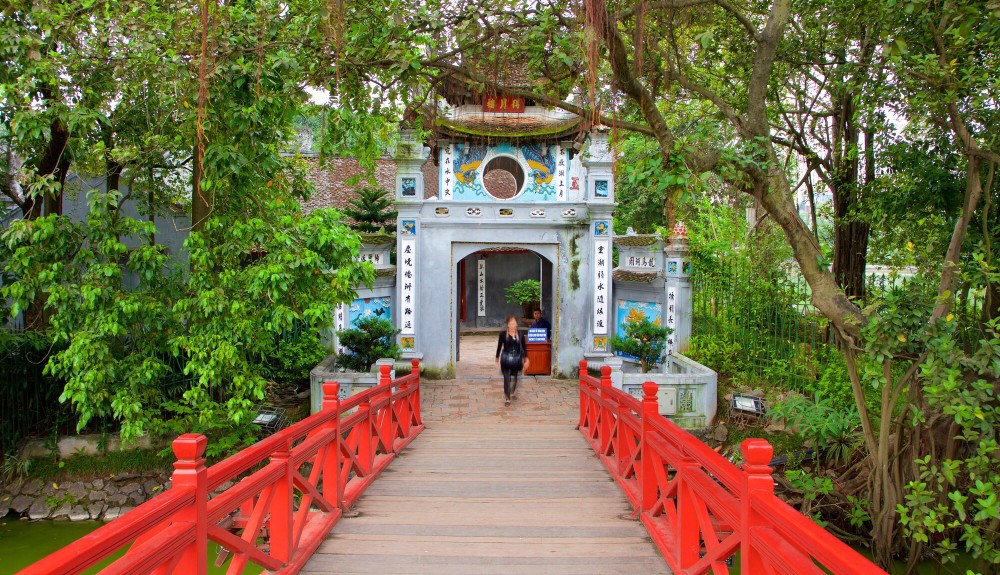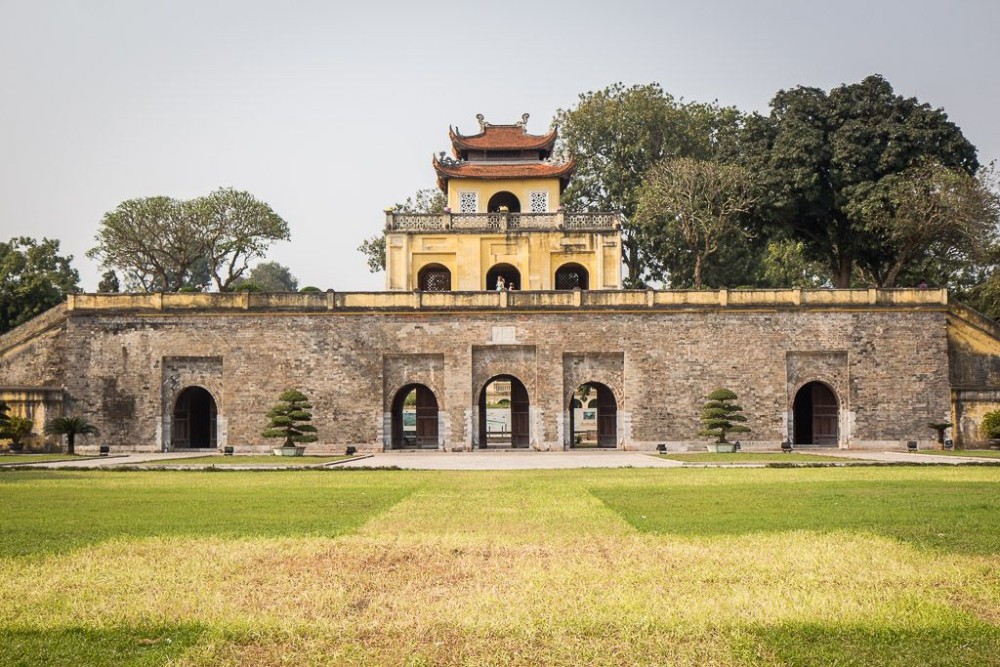Hanoi is a city rich in history, where ancient temples, colonial landmarks, and war memorials tell the story of Vietnam’s past. From the legendary Hoan Kiem Lake to the solemn Ho Chi Minh Mausoleum, exploring these historical sites offers a deeper understanding of the country’s heritage and resilience.


At the heart of Hanoi, Hoan Kiem Lake is a symbol of the city’s history and legends. The picturesque Ngoc Son Temple, located on a small island, is dedicated to General Tran Hung Dao. The iconic red bridge leading to the temple adds to its charm, making it a must-visit.

One of Hanoi’s most important sites, the Ho Chi Minh Mausoleum is the final resting place of Vietnam’s revolutionary leader. Visitors can pay respects to "Uncle Ho" and learn about his role in Vietnam’s independence. The surrounding Ba Dinh Square and Presidential Palace enhance the historical significance of this area.

Founded in 1070, the Temple of Literature is a stunning example of traditional Vietnamese architecture. Originally built as a Confucian temple, it later became Vietnam’s first university. Walking through its peaceful courtyards and stelae-inscribed stone turtles offers a glimpse into Vietnam’s scholarly traditions.
.jpg)
Once used by French colonialists to imprison Vietnamese revolutionaries, Hoa Lo Prison later held American POWs during the Vietnam War. Its exhibits showcase the struggles of Vietnamese prisoners and wartime history. The preserved cells and haunting atmosphere make it one of Hanoi’s most thought-provoking historical sites.

A UNESCO World Heritage Site, the Imperial Citadel of Thang Long was the political center of Vietnam for over a millennium. Archaeological ruins, ancient gates, and war bunkers reveal its significance throughout different eras. Climbing the Flag Tower offers a great view of this remarkable historical site.
Copyright © 2025 All Rights Reserved

Text